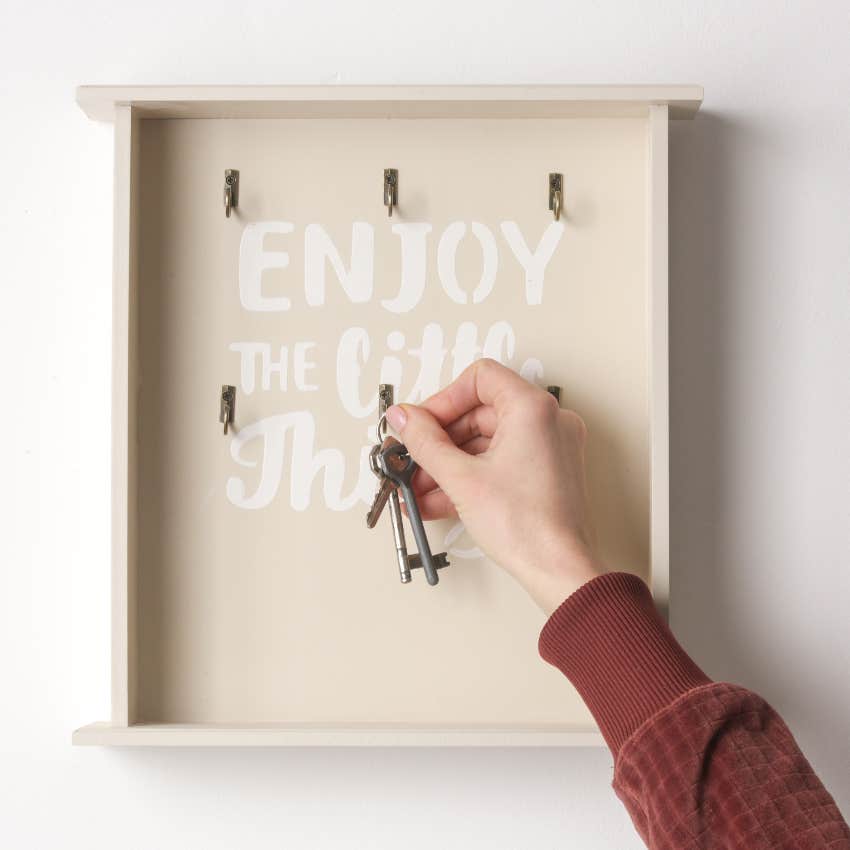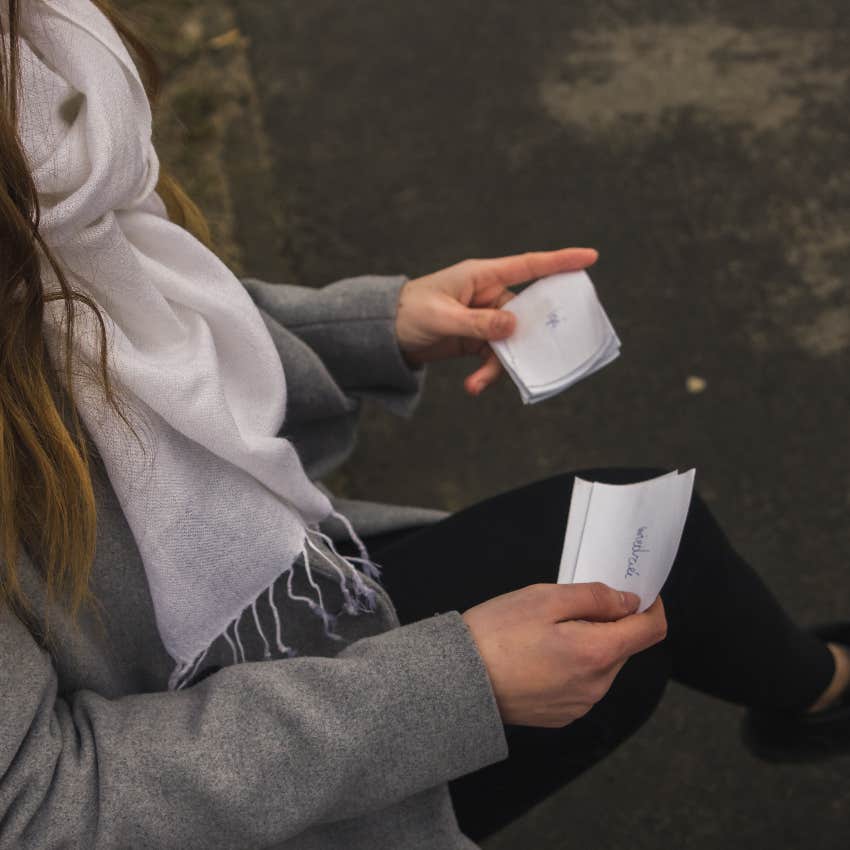8 Psychological Tricks To Help Boost Your Memory, According To A 'Jeopardy!' Contestant
Practice these techniques to get your brain going.
 Andrea Piacquadio | Pexels
Andrea Piacquadio | Pexels Getting older changes our bodies, our senses of self, and our minds. While we might not welcome the wrinkles and gray hair that come with each passing year, we can revel in gaining a deeper understanding of ourselves and our place in the world.
Aging can also affect our brain function, especially how our memories work. We might find it harder to recall certain details or remember exactly where we put our keys. Luckily, humans are malleable creatures, and we can teach ourselves techniques to make our minds stronger.
Here are 8 psychological tricks to help boost your memory, according to a 'Jeopardy!' contestant:
Monica Thieu is a four-time "Jeopardy!" contestant who won the game’s 2012 college championship, so you know her mind is sharp and her recall is fierce. She’s also a postdoctoral fellow at Emory University, researching “how we process and conceptualize different types of emotional experiences.”
"With practice, absolutely everyone can make their memory stronger," Thieu said.
1. Slow down and pay attention
One practice that helps enhance memory is paying close attention to the things you want to remember.
 fizkes | Shutterstock
fizkes | Shutterstock
As neuroscientist Lisa Genova told NPR, what we often think of as memory problems are actually attention problems. She shared that paying attention is “The first necessary ingredient in creating a memory.”
“We need that input. Otherwise, that memory doesn’t get made, even if your eyes see it,” she explained.
In order to remember important details, like what street you parked on, Genova suggests taking it slow and noticing what’s around you. Focus on specific details, like the color of the houses nearby or which stores your car is close to.
Adding contextual information to your memory will help you keep track of details you might otherwise forget.
2. Implement habits
If you’re someone who can never find your keys, your wallet, your reading glasses, or really anything small yet essential, there’s a simple solution to keeping track of your things.
Pick a designated place for each item you lose track of and keep it there when you’re not using it.
By repeatedly putting your keys in a bowl next to your front door, you’re making it a rule that that’s where your keys live, and you can expend less energy tearing your house apart looking for them, because you know you left them in their special spot.
 triocean | Shutterstock
triocean | Shutterstock
3. Build a world full of details
Thieu shared one of her tried-and-true tricks for remembering complex information: Making the memory as rich and interesting as possible.
To remember difficult topics or subjects you don’t naturally connect to, Thieu advises creating an immersive experience to help you hold onto the memory.
Let’s say you’re diving deep into the Roman Empire, but it’s not really your thing. You can make learning a more exciting and textured experience by listening to music and watching shows about that era.
You can focus on the aspects of the subject that do interest you: If you’re an avid chef, research what kind of food people ate in ancient Rome, honing into something you’re passionate about.
Genova explained why this technique works so well: Our brains remember information that’s "meaningful, emotional, surprising or new.”
Dr. Rachel Barr, a neuroscientist, dove deeper into what makes us remember certain things over others.
“For your brain to consider an event or piece of information important enough to shuffle up the chain and consolidate it as a memory, it would have to cover one or more of these four bases,” Dr. Barr said.
“Unusual or unfamiliar things tend to make the cut,” she said, noting that this makes evolutionary sense because “We would have had to pay attention to new sources of food or unfamiliar predators.”
She explained that emotionality plays a big role in what we remember, like our first kiss, saying, “The brain is designed to store emotionally loaded information because it’s usually important for our survival.”
Repetition is another way our brains hold onto information, as is association, which Dr. Barr described as “having kind of tent hooks in your brain that you can attach new information to.”
By tailoring memories to your specific interests, you won’t forget them anytime soon.
4. Use all 5 senses
Our brains remember more than just what we see in front of us. We remember how a room smelled, how a meal tasted, what songs we listened to driving home for the holidays, and how a certain fabric felt.
Genova explained that when brains create memories, they tie together every sense-based aspect of that memory, a process that psychologists call “context-dependent memory.”
5. ‘Chunk’ your information
Chunking is a way to organize longer pieces of information in a way that makes them easier to remember.
If you’re trying to remember something like a code, a password, or a phone number, break up the sequence into smaller chunks, which helps your brain recall the numbers faster.
6. Create a ‘mind palace’
Making a mind palace is a way to remember new information by mapping it into other memories you already hold.
It’s essentially creating a landscape or a story based on aspects of your life that hold meaning, and inserting whatever you’re trying to teach yourself into that space.
7. Use flashcards
A tried and true method of remembering a lot of information at once is using flashcards. While this technique might seem like reverting back to elementary school, Thieu noted that the process really works.
“Some of the best trivia experts I know do a lot of flash-carding," she said.
The act of writing down facts and looking at them over and over helps solidify the information in your brain.
 daniello_weiss | Shutterstock
daniello_weiss | Shutterstock
8. Let go of the idea of perfection
No one has a perfect memory all the time, especially in a world where we move at such a fast pace.
So, go easy on yourself when you forget where you put your keys for the third time in one day, and remember that imperfection can be a gift, allowing us to accept ourselves for who we are.
Alexandra Blogier is a writer on YourTango's news and entertainment team. She covers social issues, pop culture, and all things to do with the entertainment industry.

